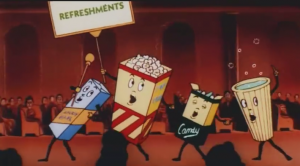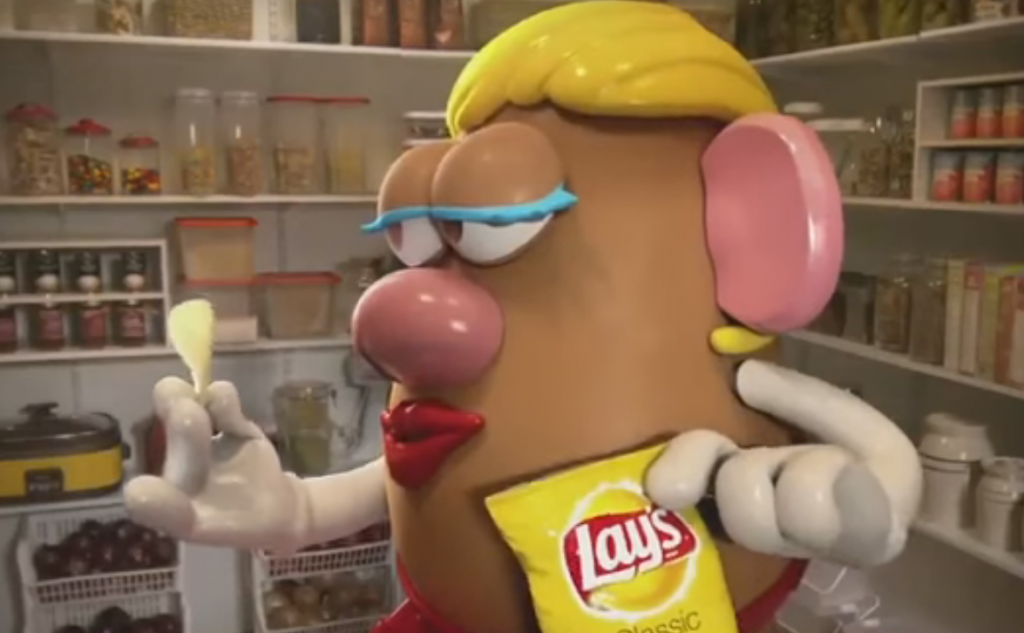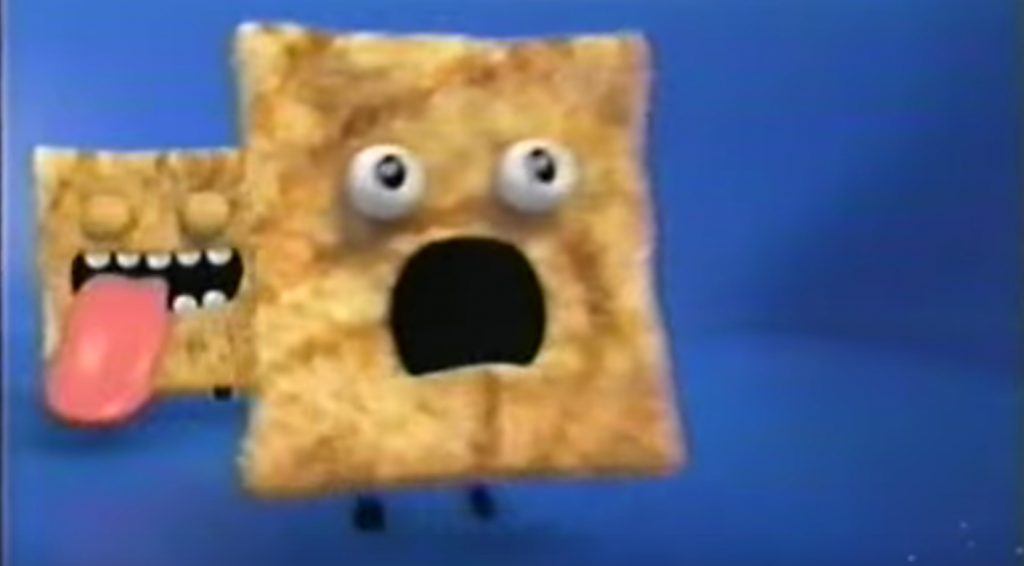The Many Ways My Wife Tries to Kill Me

They Call Me Limoncello Jefe
As every married person knows, the main goal of your spouse will always be to kill you. This isn’t malicious—they married you, after all, so chances are they have some affection for you—it’s more of a game. A fun, sexy game.
Every spouse is different, so the Death Game takes on different forms. My wife, The Duchess, for example—I used to think she was trying to kill me by shocking my system with Homeric feats of shopping, but I was wrong. As our recent trip to Italy taught me, she is trying to kill me by taking me on long, innocent hikes through the wilderness. The Duchess claims that in the “wooing stage” of our relationship I offered to go hiking with her as a way of proving my ardor and manliness. This doesn’t sound like anything I would say or would be able to say convincingly, so I have trouble believing it ever happened.
A QUICK FLASHBACK
As some of you may recall, a few years ago The Duchess and I took a fateful trip to the White Mountains in Vermont to hike with some friends. It was a cold, cold day and some shit went down. You can read the full story here, but the TL;DR version is that my knees hurt, we became disoriented and lost in the woods, and The Duchess came thisclose to just leaving me to be eaten by a bear.
At the time, I thought this was just a result of my own frailness and The Duchess’ tendency to panic when bears are rumored to be nearby. But after our Italian avventura, I’m not so sure. I think she’d trying to kill me.
YOU’RE NOT SUPPOSED TO HIKE ON VACATION
Now, there are many acceptable and fine things to do on a vacation. Drink heavily, for example, secure in the knowledge that you don’t have to wake up early (or at all), and that losing your pants and running through the streets shouting SONNO MACARONI! is perfectly acceptable, or at least tolerated. You can eat until you pass out, you can lay around a beach, shop, see museums—you get the idea. The one thing you’re not supposed to do is work, or exercise, because if you do you’re not on vacation, you’re working. Or exercising. I mean, this is obvious.
Not to The Duchess, who planned our trip to Italy based around the idea of hiking. A lot. In fact, she planned to Go Ham on this hiking thing.
Now, I am an Eagle Scout. What this means in practice is that 30 years ago I did a fair amount of hiking; the longest hike I know I survived was either the Jockey Hollow trail, which is like 7.5 miles, or the time at Cub Scout Summer Camp our camp counselor got us lost and we walked for like 10 hours, so let’s say 100 miles because that’s what it felt like). And I do walk a lot in my everyday life. So I figured, okay, a little hiking infused with red wine, cheese, and pasta, no biggie.
We went to the Cinque Terre area of Italy, which is 5 old villages in the cliffs off the Mediterranean, linked by ancient goat trails. The distances aren’t horrific: 2 miles, 2.5 miles at most. Some people hike through all five towns in one day, in fact.
I have no idea how, because the one thing they don’t tell you about is the stairs.
My GOD, the STAIRS. On our first full day, we set out from the town of Vernazza to the town of Corniglia, about 2.5 miles. It actually wasn’t so bad; the stairs are just carved out of the dirt and set with rocks, which means they’re wildly inconsistent in terms of height and ease of scalability and kind of rough on your feet. And my delicate butt muscles didn’t appreciate them, but I did them, and when we finished the round-trip in the morning we sat down for a delicious lunch of pasta and wine.
And then The Duchess announced we would now hike to Monterosso, in the other direction.
The Vernazza-Monterosso trail is actually shorter, but it nearly killed me because the first portion is all uphill and is all stairs. Stairs after stairs after stairs. Already tired from the morning, my lunch turned into a ball of lead, I was forcibly reminded that alcohol is a diuretic, and my legs transformed into blocks of wood. It’s not a hard hike necessarily, but the steps were killer and I’d already hiked 5-6 miles that day. Plus, there were no taverns along the way, and The Duchess kept up a punishing pace, frustrated because as the day went on the trails grew crowded.
At one point, I realized I was being passed by a variety of people:
- European men in sandals and flip-flops who bounded up and down the trail like it was a mildly dull bit of everyday exercise
- Old people using walking sticks
- Pregnant ladies
- Ladies with babies strapped to their chests
- Everyone, basically
So, slightly humiliating. But as The Duchess bounded ahead I had flashbacks to the Vermont debacle and realized this was a long game plot to kill me. She wants me to have a heart attack and perish in the woods, be eaten by bears, and forgotten.
I survived. An hour later, we were seated at a bar in Monterosso and I felt that it was possible to keep on living. Like Popeye’s spinach, booze gives me strength. And now I know: Next time The Duchess plans a vacation that involves hiking, charge up the flasks. I’m gonna need ’em.


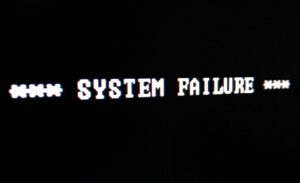

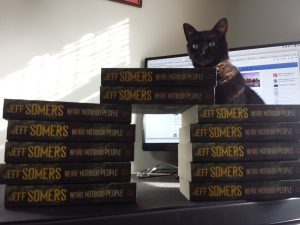
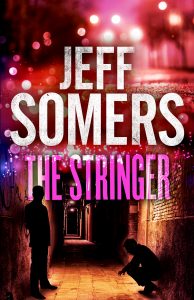



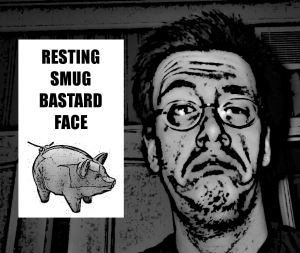
 So, another week over, and what have I don? Not that much, as it happens. Still, once you start one of these sorts of Blog things, you have to keep it up or everyone stands around laughs at you because you can’t maintain even the simplest of projects. So here I am, are you happy? Are you happy judging me for my inability to even do a simple recap post on a weekly basis?
So, another week over, and what have I don? Not that much, as it happens. Still, once you start one of these sorts of Blog things, you have to keep it up or everyone stands around laughs at you because you can’t maintain even the simplest of projects. So here I am, are you happy? Are you happy judging me for my inability to even do a simple recap post on a weekly basis?

